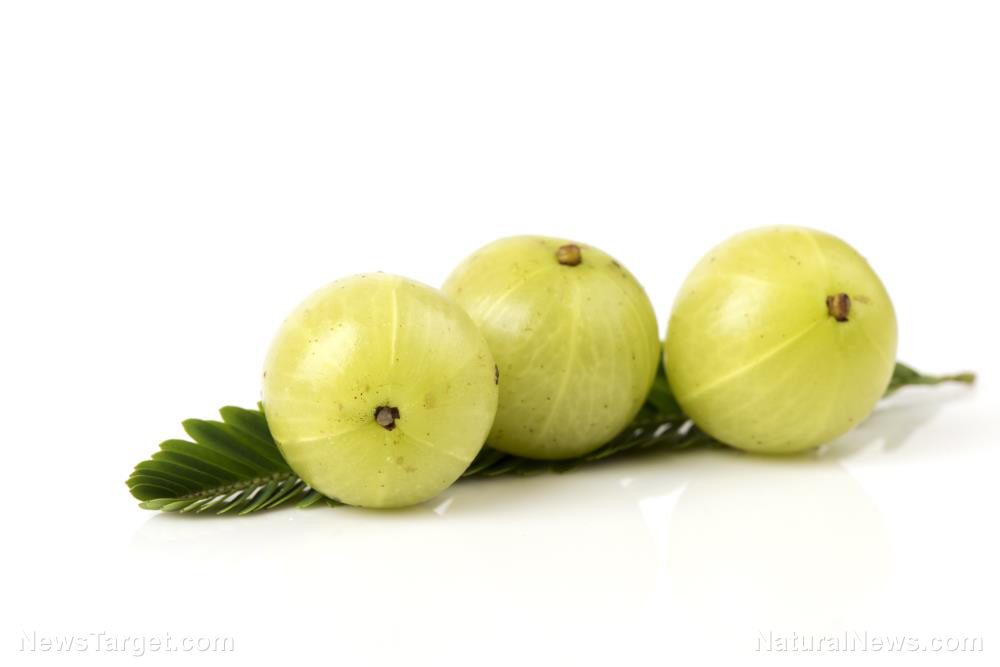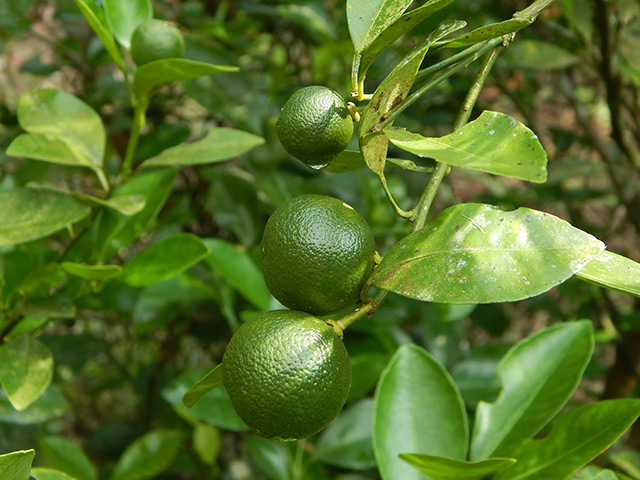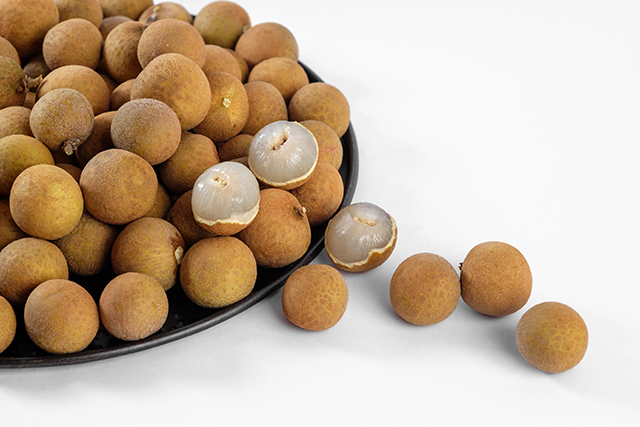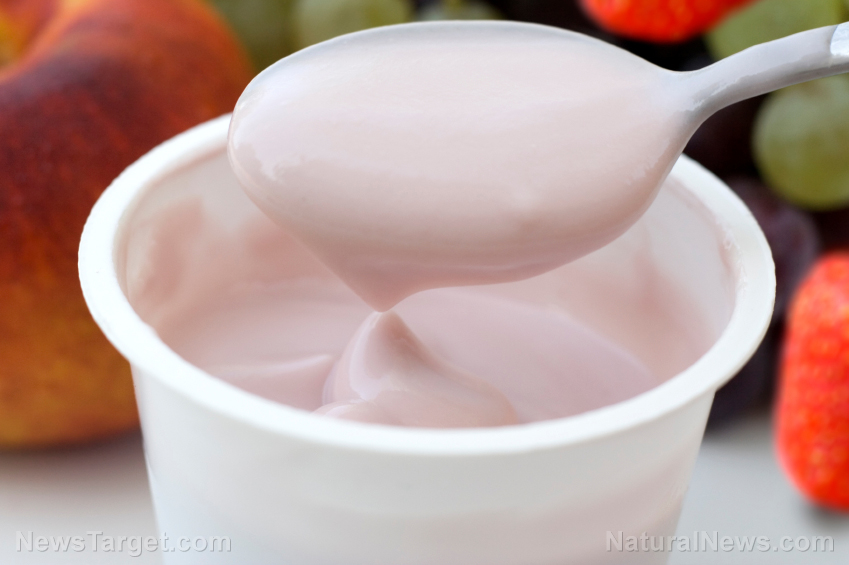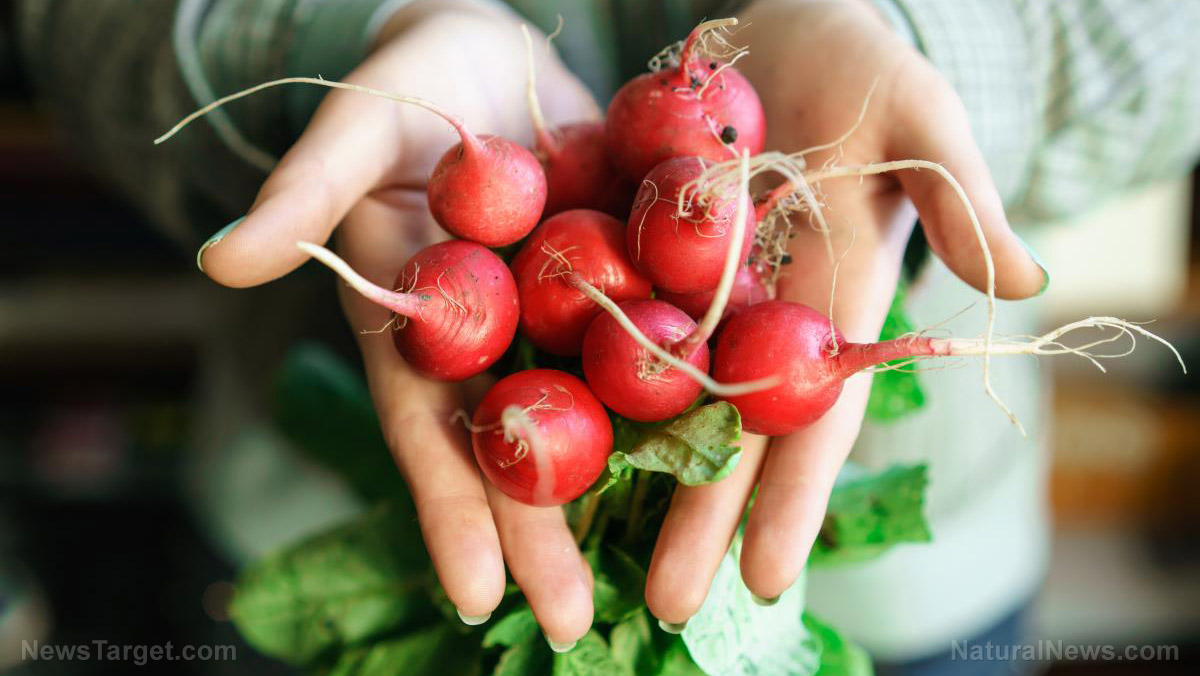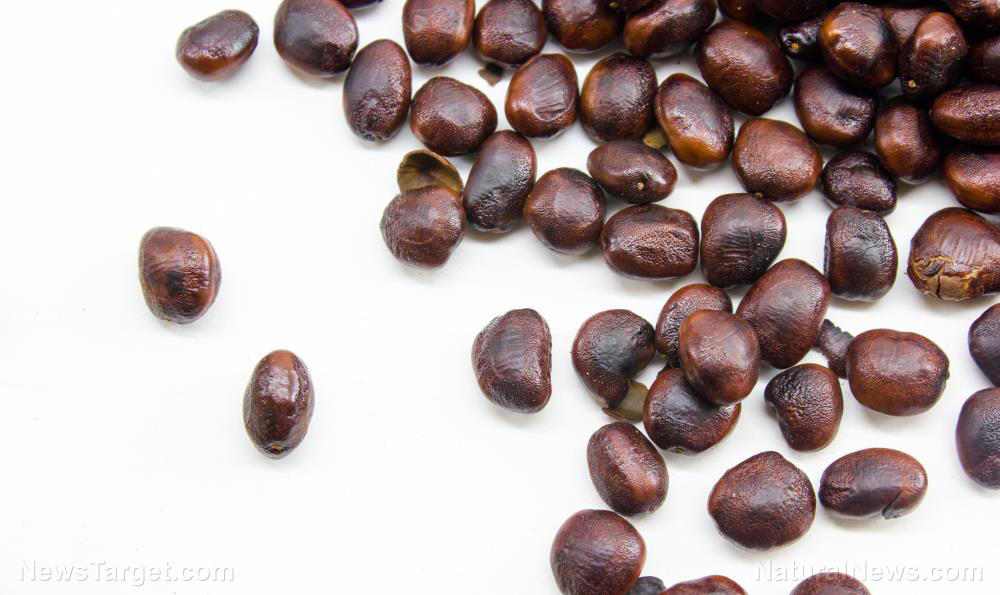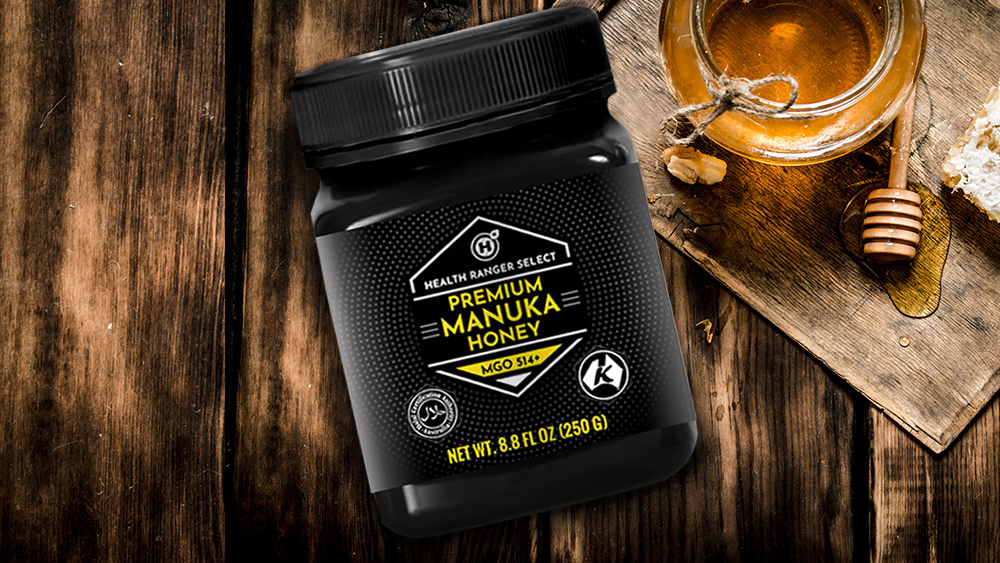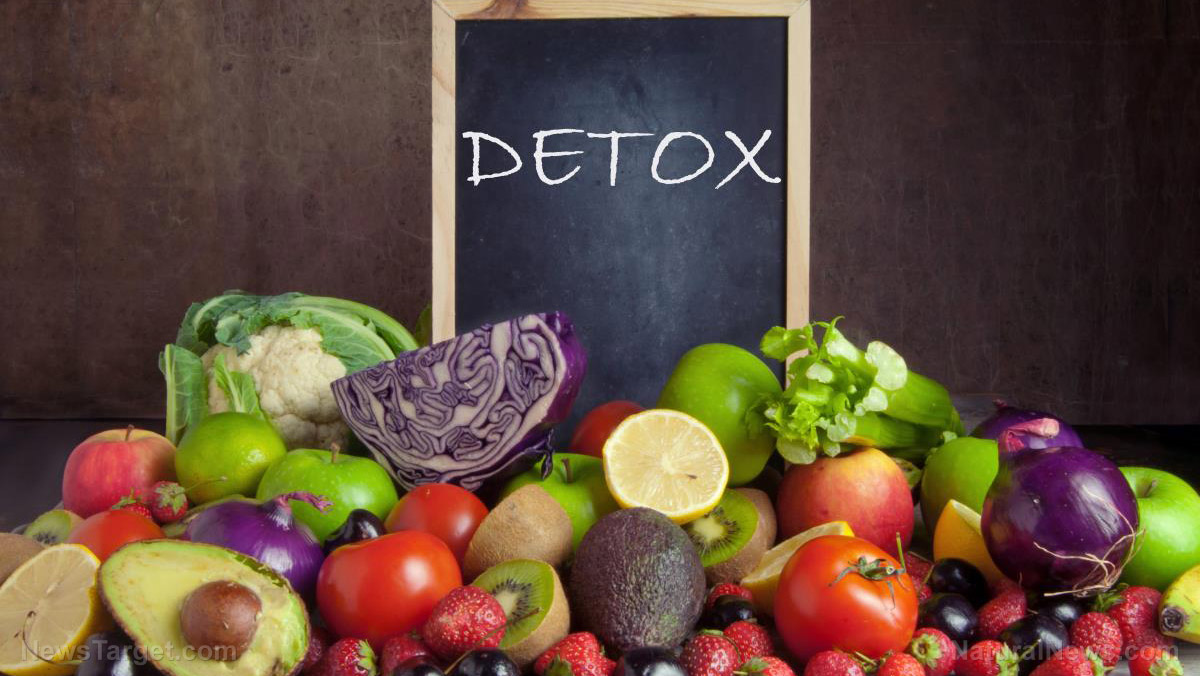Take it from your doctor: Plant-based proteins have an edge over animal proteins, especially when it comes to heart health
04/09/2019 / By Zoey Sky
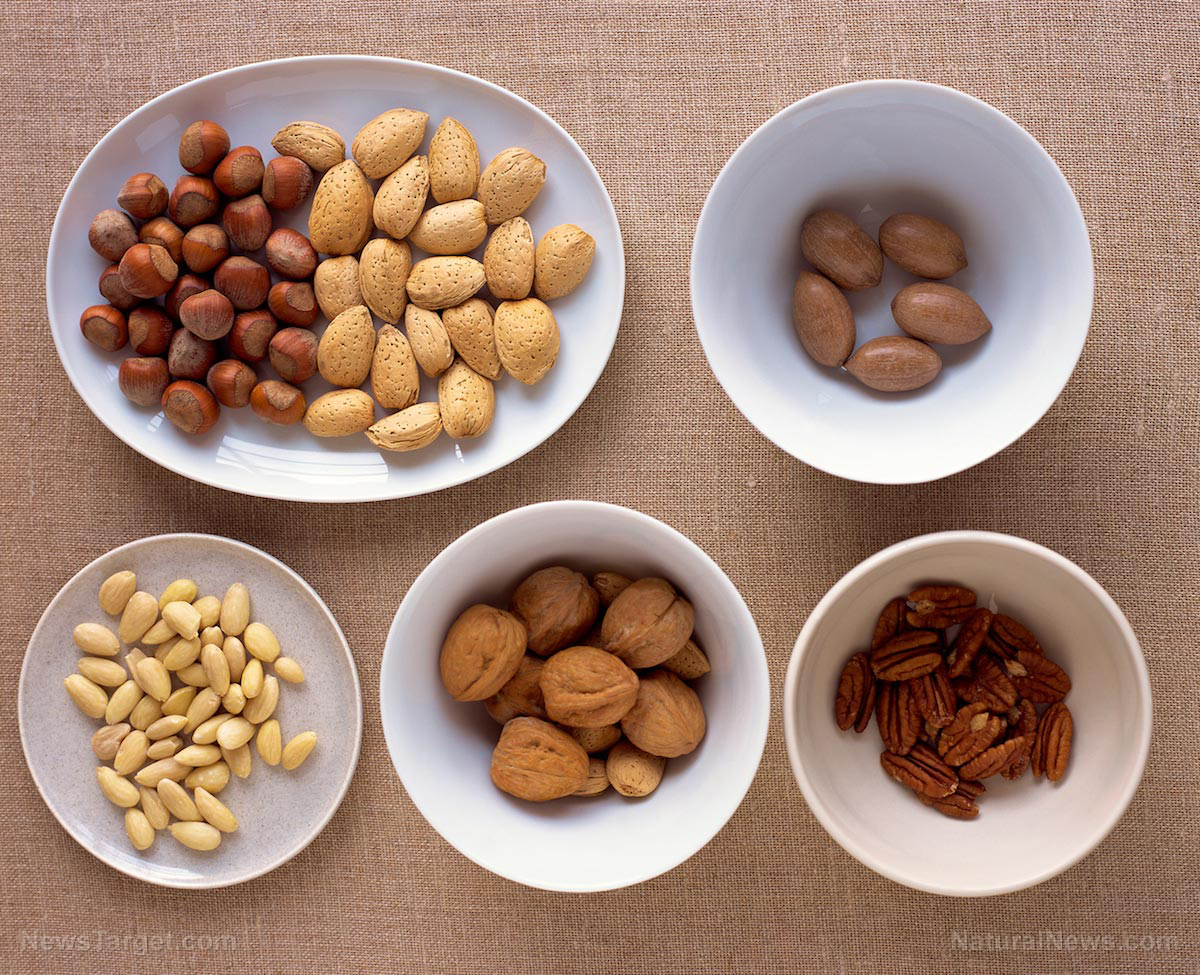
Diets rich in protein can help promote muscle strength, satiety, and even weight loss. However, according to a study, plant-based proteins are better for cardiovascular health compared to animal proteins.
The study was published in the International Journal of Epidemiology.
Most people consider meat as their main source of protein since it is linked to building muscle. Meanwhile, plant protein from legumes, nuts, seeds, and vegetables are usually a secondary option. While it’s true that protein helps boost heart health, its protective benefits depend on the source of your protein.
According to data from the Adventist Health Study 2, certain types of plant and animal proteins have a significant impact on your risk of heart disease.
Is plant protein really better than animal protein?
For the study, researchers focused on the specific sources of the participants’ protein intake. The research team asked 81,337 volunteers about their usual intake of these foods during the previous year.
The participants were followed for six to 12 years, and the researchers analyzed data to verify the percentage of total protein that came from these animal and plant sources.
Out of all the plant and animal protein sources analyzed, the risk of cardiovascular deaths increased steadily as participants consumed more meat. On the other hand, the risk decreased steadily the more protein from nuts and seeds was eaten.
In the groups with the highest meat intake, the risk was a whopping 60 percent higher compared to the group with the lowest intake. Meanwhile, in the group with the highest intake of nuts and seeds, cardiovascular risk was at least 40 percent lower compared to the group with the lowest intake of nuts and seeds.
The study findings are consistent with previous research that compared nuts to meat as a major calorie source. Other studies have also revealed that a higher nut intake is linked to longevity.
How does meat affect your cardiovascular system?
Meat, which is rich in heme iron, has some pro-oxidant effects that may promote heart disease. Meat also has pro-inflammatory components like arachidonic acid, carnitine, and saturated fat.
Animal protein is full of advanced glycation end products (AGEs) that contribute to vascular damage, especially in individuals who have diabetes. Additionally, eating meat, and animal protein consumption in general, is linked to weight gain.
Meat promotes the growth of “bad” bacteria. This then produces trimethylamine N-oxide (TMAO) which inflames the endothelium and promotes atherosclerosis.
Diets high in animal protein can also promote cancer. Animal protein has a higher biological value compared to plant protein since the former contains more essential amino acids. Once amino acids are absorbed and utilized by the body, they raise IGF-1 to dangerous levels and this promotes the growth of tumors and enhances fat storage.
Limit animal protein to only two ounces daily. If you consume meat, try to skip at least one day between servings.
Why is plant protein good for your cardiovascular health?
Nuts and seeds are the optimal protein choice for those who want to improve their cardiovascular health. Plant proteins can also help reduce total and low-density lipoprotein (LDL) or “bad” cholesterol.
Plant protein is full of many heart-healthy nutrients such as:
- Fiber
- Flavonoids
- Magnesium
- Other polyphenols
- Plant sterols
- Potassium
- Tocopherols (vitamin E)
Since your body doesn’t absorb the fat-binding fibers in plant proteins, they carry fat into the stool. Nuts and seeds are also highly satiating, which can help promote weight loss.
Nuts are full of arginine and glutamic acid that can boost the production of nitric oxide, which is crucial for maintaining stable blood pressure. Studies suggest that plant proteins also help promote favorable blood glucose levels in patients with Type 2 diabetes. (Related: Plant proteins found to help prevent Type 2 diabetes.)
Eating nuts is linked to better vascular (blood vessel) function and reduced oxidative stress. Aside from their cardiovascular benefits, nuts also promote the absorption of vegetable-derived phytochemicals. This increases the antioxidant potential and the protective function of the cells in your immune system.
Your body absorbs calories from nuts and seeds very slowly. This means your body is more likely to use them for energy rather than storage.
A diet full of plant protein sources like beans, seeds, and nuts provides adequate amounts of all of the essential amino acids. This lets your body lower IGF-1 to the most protective levels, without getting too low.
Plant proteins to add to your diet
You can use beans, crumbled tofu, or mushrooms to add a meaty texture to a dish. Always use organic tofu and other soy products if you want to avoid GMO ingredients.
Eat nuts and seeds, such as those included in the list below, with leafy greens to promote the absorption of fat-soluble nutrients from the vegetables.
To boost your heart health, add more of these nutritious plant proteins to your regular diet.
Sources include:
Tagged Under:

